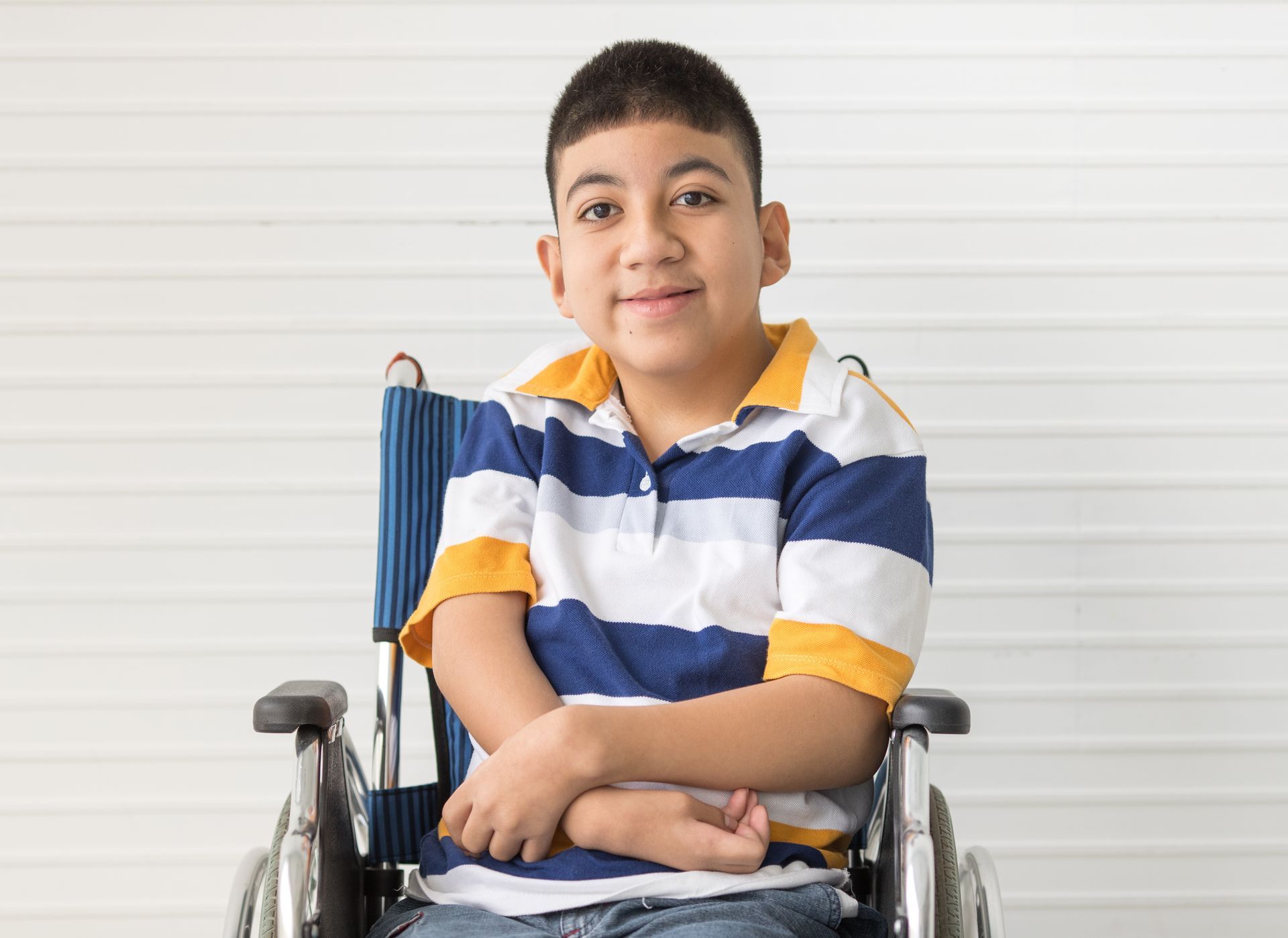WIN A 2020 FORD MUSTANG CONVERTIBLE
JAR of Hope and All American Ford are raffling off a brand new Mustang convertible to help fund a cure for Duchenne Muscular Dystrophy

JAR of Hope is a non-profit that raises money for research into a cure for Duchenne Muscular Dystrophy (DMD). They have a close relationship with the All American Auto Group, who will be donating a 2020 Ford Mustang Convertible to the cause. 100% of the proceeds will benefit JAR of Hope. You can purchase raffle tickets by visiting www.jarofhopemustang.com. DMD is a rare disease that causes muscles to degenerate, affecting about 20,000 children in the United States. It is a terminal children’s disease with no cure.
Jim Raffone is the founder and CEO of JAR of Hope. He founded the non-profit with his wife, Karen, after their son, Jamesy, was diagnosed with Duchenne Muscular Dystrophy. Doctors said that there was nothing they could do for Jamesy, but the Raffones refused to give up. They created JAR of Hope to raise awareness and funds for research into finding a cure for DMD. They are local to Central New Jersey.
“JAR of Hope is dedicated to directing funds to find a cure for Duchenne Muscular Dystrophy. No parent should have to hear from a doctor that nothing that can be done to help their child. Every raffle ticket that is purchased will help us get one step closer to a world with a cure,” said Jim Raffone, the founder and CEO of JAR of Hope. “I’d like to thank All American Ford for donating this beautiful Mustang to the cause. When I first saw it in their amazing showroom sporting our JAR of Hope green coloring, I knew we had to do something special with it and the Savino family was all for it.”
Raffle tickets for a chance to win this brand new 2020 Ford Mustang Premium Convertible are just $100 and 100% of the proceeds will benefit JAR of Hope. You can purchase your donation raffle tickets online at www.jarofhopemustang.com. They are limiting the amount of tickets to 1,000. The raffle will end on November 24th, 2020 and a winner will be announced. You can come check out the exact Mustang in this contest by visiting All American Ford in Old Bridge.
“All American Ford has long been a proud partner of JAR of Hope. We are thrilled to be donating this Ford Mustang to help raise funds during a year in which fund raising was very hard to come by for charities.” says Jason Savino, Marketing Director for the All American Auto Group. “We encourage everyone in the community to check out the Ford Mustang on our showroom, tell your friends and family and share it like crazy on social media. Every little thing helps raise awareness and brings JAR of Hope closer to finding a cure for Duchenne Muscular Dystrophy.”
The Ford Mustang has been the top-selling sports car in the U.S. over the last 50 years. It is a truly iconic American name and the 2020 Ford Mustang lives up to it. The Mustang in this charity raffle is a 2020 Ford Mustang Premium trim with a special black accent package. It boasts a 2.3L EcoBoost engine, 10-speed selectshift automatic transmission and is a convertible. The exterior color is a beautiful Grabber Lime, a very similar tint to the JAR of Hope logo.
###
About the Mustang
VIN: 1FATP8UH7L5145086, Stock #: 200811, Model Code: P8U, Mileage: 50, MSRP: $41,865
About All American Auto Group
The All American Auto Group is one of the largest auto groups on the East Coast, owned by two partnering families – the Savino’s and the Selman’s. Family members are in the highest positions throughout the group and run the day-to-day operations. The auto group features 7 huge locations across New Jersey in Old Bridge, Point Pleasant, Brick, Hackensack and Paramus. They offer the largest selection, best prices and an award-winning experience throughout sales, service and parts. The All American Auto Group offers Ford, Subaru, Mazda, Isuzu Box Trucks, Jerr-Dan Tow Trucks and MOTOR TREND Certified Pre-Owned Vehicles. More information can be found at www.AllAmericanAutoGroup.com.











